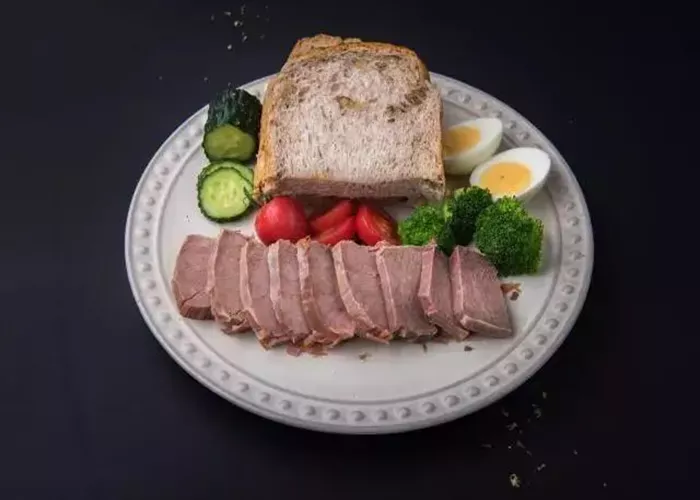Losing weight can be a challenging and daunting task, but it is possible with the right approach. One of the most important factors in weight loss is nutrition. The foods you eat can have a significant impact on your weight loss journey. In this article, we will explore the science behind what things you can eat to lose weight and discuss the importance of macronutrient balance, micronutrient intake, hydration, and meal timing.
The Importance of Macronutrient Balance
Macronutrients, including protein, carbohydrates, and fats, are essential for weight loss. Consuming a balanced diet that includes all three macronutrients can help provide the body with the energy and nutrients it needs to function properly while also promoting weight loss.
Protein is particularly important for weight loss, as it can help reduce hunger and support muscle mass. Consuming protein-rich foods, such as lean meats, fish, eggs, and beans, can help support weight loss.
Carbohydrates are also important for weight loss, but it is important to focus on complex carbohydrates, such as whole grains, fruits, and vegetables, which provide sustained energy and help regulate blood sugar levels.
Fats are also important for weight loss, but it is important to focus on healthy fats, such as those found in nuts, seeds, and fatty fish, which can help reduce inflammation and support overall health.
The Importance of Micronutrient Intake
In addition to macronutrients, micronutrients, including vitamins and minerals, are also essential for weight loss. Consuming a diet that is rich in a variety of fruits, vegetables, whole grains, and lean proteins can help provide the body with the micronutrients it needs to function properly while also promoting weight loss.
Some key micronutrients for weight loss include fiber, which can help reduce hunger and promote feelings of fullness, and calcium, which can help support weight loss and overall health.
Hydration
Hydration is also essential for weight loss. Consuming enough water throughout the day can help regulate body temperature, support digestion, and promote healthy skin.
Additionally, staying hydrated can help reduce hunger and promote feelings of fullness, which can support weight loss.
Meal Timing
Meal timing can also play a role in weight loss. Consuming regular meals throughout the day can help regulate blood sugar levels and provide sustained energy.
Additionally, consuming protein-rich foods before and after exercise can help support weight loss and muscle mass.
Foods for Weight Loss
In addition to the macronutrients and micronutrients discussed above, there are specific foods that can help support weight loss. These include:
- Leafy greens: Leafy greens, such as spinach and kale, are low in calories and high in fiber, making them a great addition to any weight loss diet.
- Berries: Berries, such as blueberries and strawberries, are low in calories and high in fiber and antioxidants, making them a great snack for weight loss.
- Whole grains: Whole grains, such as brown rice and quinoa, are high in fiber and complex carbohydrates, making them a great addition to any weight loss diet.
- Lean proteins: Lean proteins, such as chicken, fish, and tofu, are high in protein and low in calories, making them a great addition to any weight loss diet.
- Nuts and seeds: Nuts and seeds, such as almonds and chia seeds, are high in healthy fats and fiber, making them a great snack for weight loss.
Potential Challenges
While proper nutrition is essential for weight loss, there can be challenges along the way. Some common challenges include:
- Limited access to healthy food options, particularly in low-income areas.
- Time constraints that make it difficult to prepare healthy meals.
- Social pressures to consume unhealthy foods or overindulge.
- Emotional eating habits that can lead to overconsumption of unhealthy foods.
- Lack of knowledge or education about healthy eating habits.
It is important to recognize these challenges and develop strategies to overcome them in order to support weight loss and maintain overall health and fitness.
Conclusion
Consuming a balanced diet that includes a variety of macronutrients and micronutrients is essential for weight loss. Additionally, staying hydrated and consuming regular meals throughout the day can help support weight loss and overall health.
By incorporating specific foods, such as leafy greens, berries, whole grains, lean proteins, and nuts and seeds, into your diet, you can further support weight loss and maintain optimal health and fitness. Remember, proper nutrition is a key component of any weight loss journey and can help you achieve your weight loss goals and live your best life.
Related topic:


